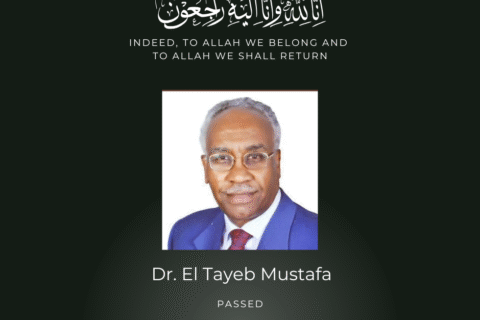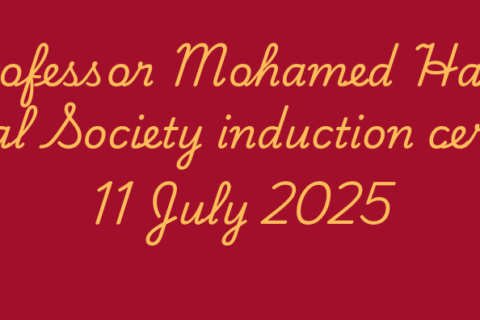
A recently published paper explores the profound effects of the ongoing war in Sudan on the country’s higher education and research sectors. The authors guide readers through the origins of the RSF-SAF conflict and its devastating consequences, which have caused widespread destruction across Sudan and severely disrupted academic institutions. Universities and research centers have experienced extensive damage, and academic operations have largely come to a standstill in many regions. The conflict has triggered mass displacement of students, faculty, and researchers, resulting in significant disruptions to educational continuity and scientific productivity. An online survey conducted in early 2024 reveals critical consequences, including a notable preference among displaced individuals to seek refuge in Egypt, an increased reliance on asynchronous online teaching via platforms like WhatsApp and Telegram, and escalating financial hardships exacerbated by war-related inflation. These challenges have stalled academic progress and placed immense strain on institutions struggling to support displaced members of their communities.
With over 10.4 million Sudanese forcibly displaced—the largest displacement crisis in the world—access to quality education remains inconsistent. Displaced students and faculty face immense challenges in adapting to unfamiliar environments and maintaining their academic responsibilities amid ongoing instability. While innovative solutions like online education have provided some continuity, inconsistent internet access and technical limitations pose significant obstacles.
The paper also offers a forward-looking perspective, presenting key recommendations for the recovery and rebuilding of Sudan’s higher education and research sectors. The authors emphasize that substantial international support, funding, and collaboration will be essential to restore academic operations and address the long-term consequences of displacement and infrastructure damage. They further highlight the need to address the root causes of Sudan’s political and environmental instability to build a sustainable and resilient academic sector.
Authored by Dr. Husam Eldin Elhag Abugabr Elhag and Dr. Rania Mohamed Hassan Baleela, the study underscores the urgent need for a coordinated global response to safeguard Sudan’s academic and research institutions and ensure their long-term recovery and resilience.
The paper can be accessed here



